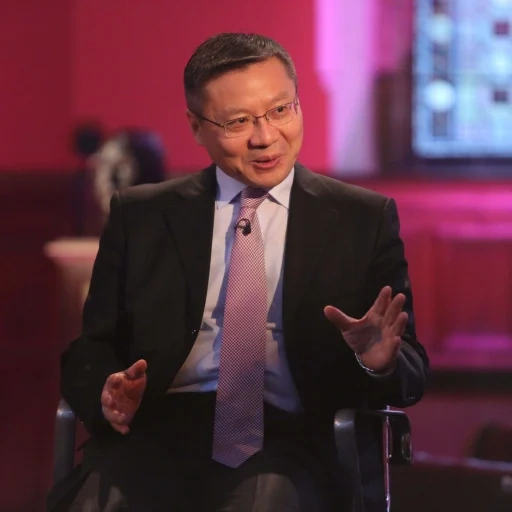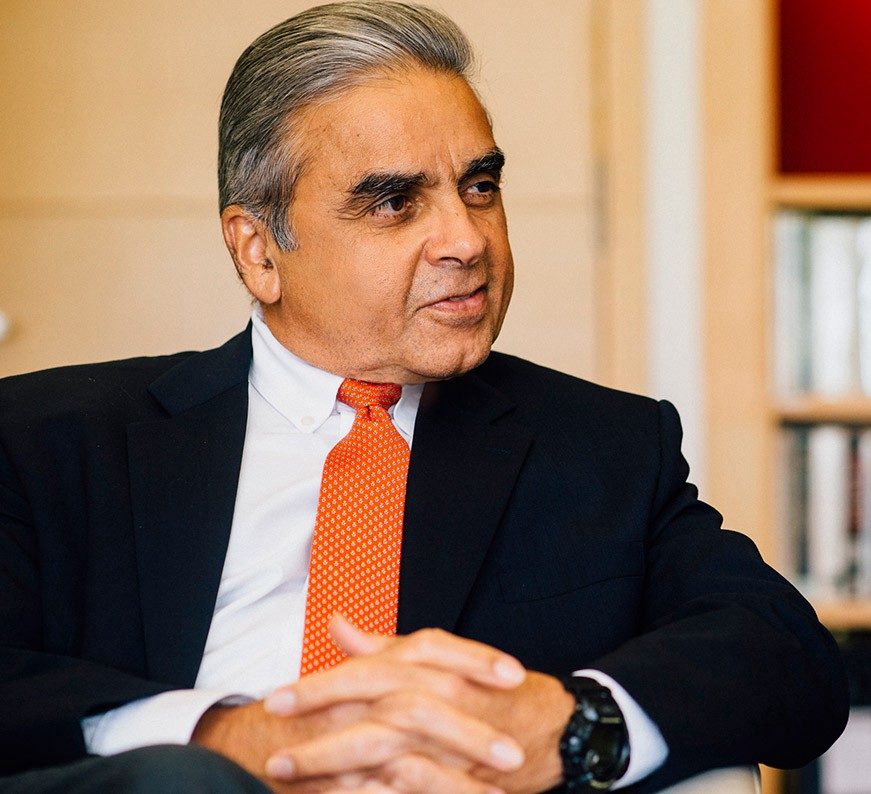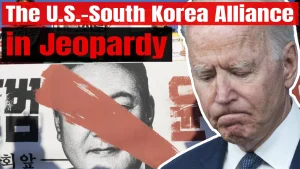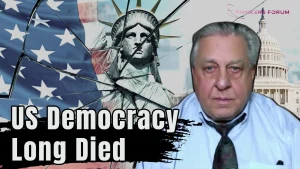Hong Kong Could Attract Talent Amid U.S.-China Rivalry, Suggests Singapore Scholar
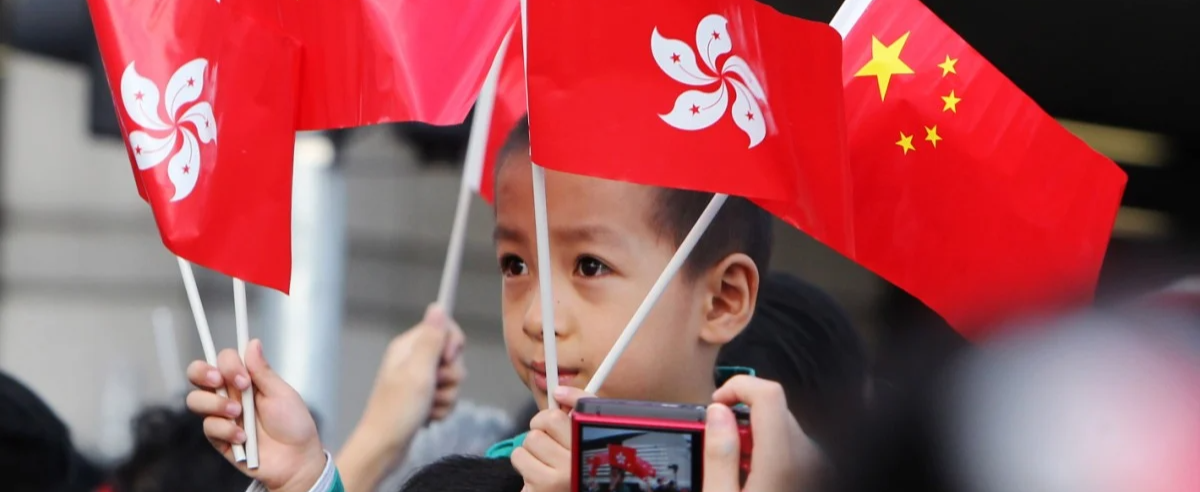
Host:
Hong Kong has received the rivalry between Beijing and Washington, the COVID controls, the 2019 riot and the imposition of the national security law . People’s perception about Hong Kong has changed considerably.
I hope that you too can give some advice to Hong Kong, Kishore first and Professor Zhang.
 On August 29, 2024, China prominent scholar Professor Zhang Weiwei, Singapore’s former top diplomat Kishore Mahbubani engaged in a candid conversation in Hong Kong.
On August 29, 2024, China prominent scholar Professor Zhang Weiwei, Singapore’s former top diplomat Kishore Mahbubani engaged in a candid conversation in Hong Kong.
Kishore Mahbubani:
I love coming to Hong Kong, seriously. It’s such an amazing place. I’ve experienced it, and I encourage others to do the same. Frankly, one thing I can guarantee is that more and more Americans will be reluctant to go to China because of the U.S.-China tensions.
But at the same time, they may still want to experience something of China. Where can they do this? They can come to Hong Kong. In this way, Hong Kong can serve as a bridge across the cultural divide between the United States and China. So, while it may take a long time to get 50,000 people to visit China, they’ll come to Hong Kong more readily. We should encourage more Americans to visit Hong Kong.
However, the key to doing that is by preserving Hong Kong’s distinct cultural identity, separate from the rest of China. A concrete suggestion I have for Hong Kong is to tap into the global pool of talent. There is still an abundance of skilled people globally. In the past, they would go to the United States or other Western countries, but as you all know, there has been a populist backlash against immigration in the West, including the United States. This was one of Donald Trump’s key campaign points.
So, global talent—whether it’s the best scientists or other top professionals—are looking for a new home. Hong Kong can open its doors to these talented individuals.
Host:
Thank you.
Zhang Weiwei:
If it’s only a matter of people’s perception (about Hong Kong), I’m less concerned because China has been portrayed negatively in Western media for decades. We’ve gotten used to that. As a result, sometimes when we’re discussing with Western academics or journalists, we have to mock their perspective.
For example, I remember discussing some comments made by The Economist. I always say, if you look at their political commentary on Chinese affairs, I’d give it a C or D if I had to grade its quality—sometimes even worse.
Kishore Mahbubani:
Actually, I give it an F.
To be fair, I must mention that the editor of The Economist is a friend of mine. And I told her quite candidly: “Your descriptions of China bear no resemblance to reality.” I was very frank about it.
Zhang Weiwei:
I told her, “We can read your political commentary on China in reverse—when you say something isn’t good, it’s often actually very good.” That’s one approach. Or sometimes I also say to them, “I’ve explained China to you once, twice, three times, and that’s enough. I prefer to leave you in the dark.” When you talk to them like this, eventually, they will regret their views.
Let’s take China’s progress as an example. It’s like a bullet train—moving forward at high speed. We’re not waiting for them. I remember explaining the Belt and Road Initiative to our German friends five years ago, and they ridiculed us. At that time, I said, “Fine, live in darkness. We don’t care about your opinions.” Now, they’re starting to regret it. This is happening today, and it shows how much of this is about perception.
If it weren’t for the influence of Western media and politicians—who, given the nature of their political systems, tend to focus on the short term rather than the long term—things might be different. But the Chinese way is always about long-term vision. When it comes to perception, in the end, long-term thinking will win, it will triumph.
I now agree with Kishore that we must move beyond mere perceptions and focus on realities. As I mentioned in my lecture, Hong Kong has fortunately avoided the worst—I said it has avoided the fate of Kiev and the threat of a color revolution. This is fundamental and crucial. Without this, Hong Kong would be stuck in long-term chaos and instability.
In this regard, I will share a comment in Chinese: we say that Hong Kong is moving “from chaos to order, and from order to prosperity.” This is the path we are aiming for. Kishore also mentioned that Hong Kong could become a hub for global talent, and I believe this is very possible. Additionally, we have the Greater Bay Area, the RCEP, and the Belt and Road Initiative (BRI), which includes six major corridors—from China to Russia, Central Asia, Western Asia, East Asia, Pakistan, and beyond. All of these create many new opportunities for Hong Kong.

